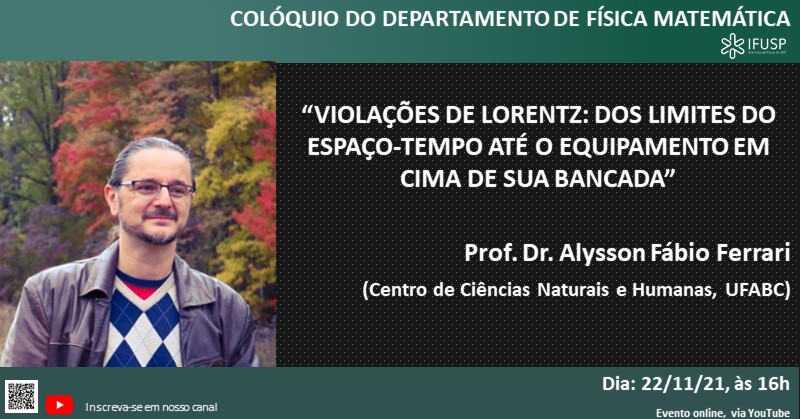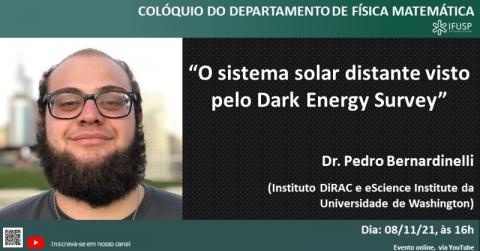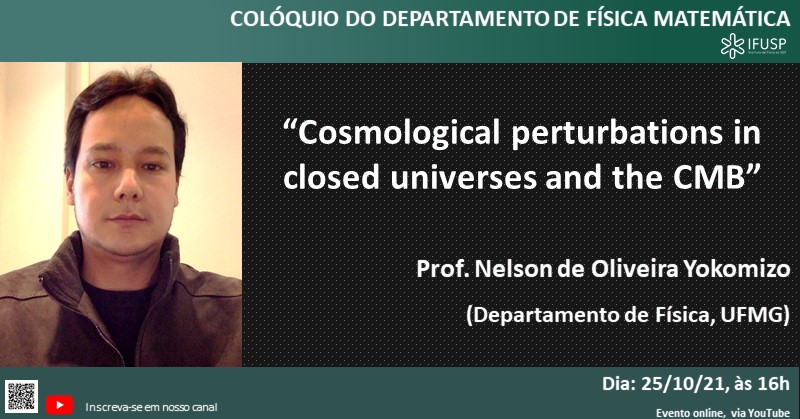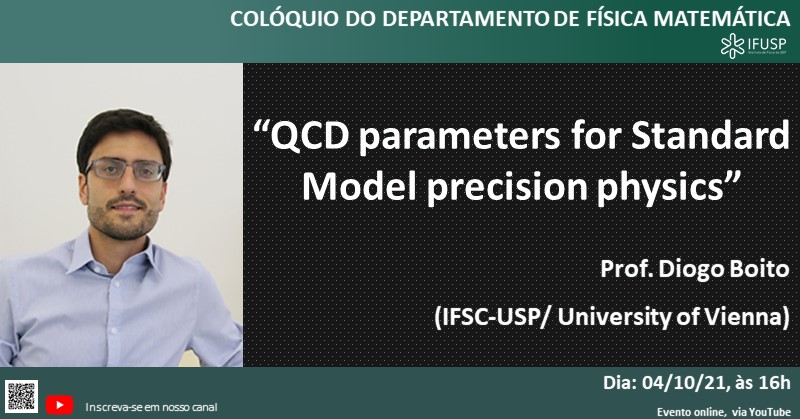Técnicas de exatas para uma ciência inexata: aplicações da probabilidade e estatística em linguística / Colóquio DFMA
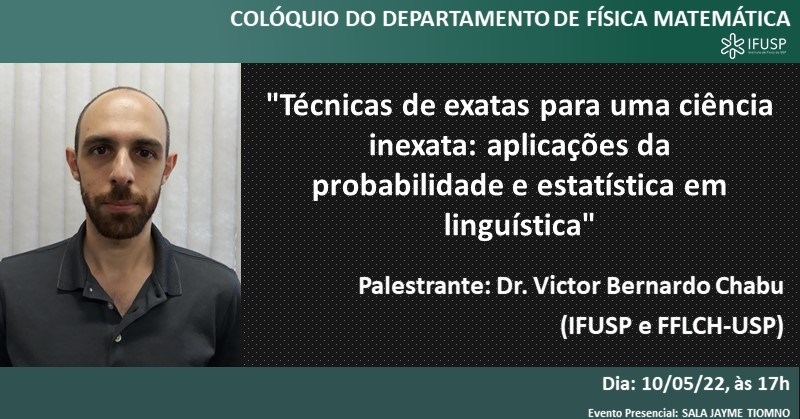
Neste seminário, vamos revisitar alguns métodos de inferência estatística e testes bayesianos com o objetivo de estabelecer um procedimento de atribuição de gênero e autoria de textos baseado em marcadores de partes do discurso (POS tags). Faremos dois estudos de caso e introduziremos noções de inteligência artificial, com uma brevíssima passagem por redes neurais, aplicada ao mesmo problema

